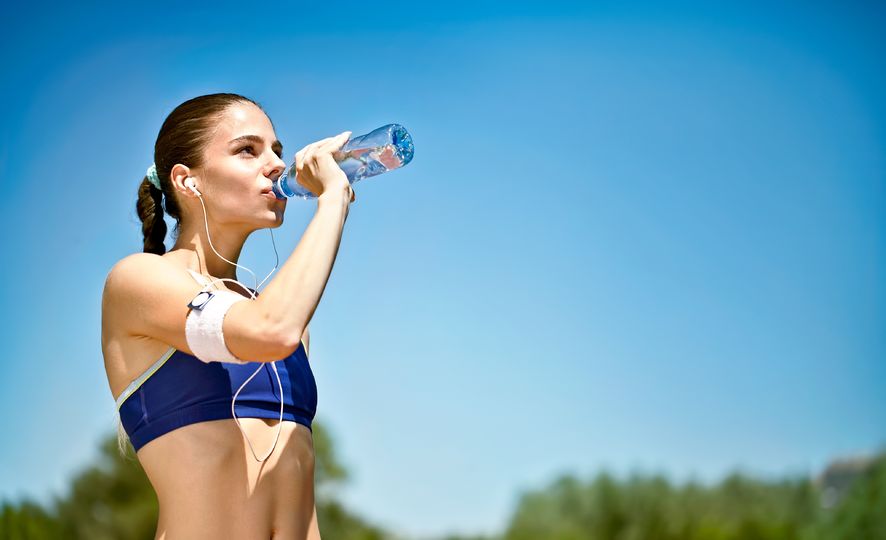I admire people who can run marathons. A lot of people have it on their bucket list and many people end up enjoying it so much that they end up running several marathons afterwards – not me.
I decided to sign up for a half marathon (not even a full marathon) training clinic last year. I figured that I’d done many 10km races in the past so joining a 10km training clinic would be redundant. I decided it was time to up the ante and sign up for a half marathon.
I knew that the distance was longer (21km) but what I didn’t realize it that it required a much more serious training regiment. I could no longer run 2-3x a week for 30-45 minutes. I had to be running at least 4-5x a week (I didn’t) where the workouts would be at least 60-90 minutes.
But what really made me dislike running those distances is that I wasn’t used to the idea of having to pack water and fuel while running. I liked running light and there was something about eating while running that just felt wrong to me. I hardly have enough energy to breathe let alone munch away on an energy bar or gel while running – but it is necessary.
Unfortunately, this is something that I didn’t discover until later. Throughout my training sessions, I would often feel lightheaded and hungry about halfway through the run. Little did I know that after about an hour of running you should be fueling up with a gel or some sort of quick acting carbohydrate (oops!). I managed to complete the half marathon but my legs felt like they had nothing left at the 17 km mark and the last bit of the race was especially painful.
But the good thing is, now I know better! Here is what you need to do while training for a half marathon (and most endurance sports):
Before
- Have a meal/snack consisting of high carbohydrate, low fat, low fibre foods. (e.g. a turkey sandwich, yogurt and berries, a fruit smoothie, spaghetti with tomato sauce, cold or hot cereal with fruit).
- Make sure you are well hydrated. Drink 400-600mL of fluid 2-3 hours before.
During
- For every hour of exercise lasting up to 2 hours, eat 30-60 grams of carbohydrate each hour (ideally before fatigue sets in – about 45 minutes into your workout). If you are exercising longer than 2 hours, eat 45-90 grams of carbohydrate each hour. Most energy drinks have about 45 grams of carbohydrate. Energy gels have about 25 grams of carbohydrate. Dried fruit (e.g. 15 dried apricots), gummy bears, chocolate chips and Twizzlers (basically any form of sugar) will also work.
- Drink enough water – 400-800 mL for each hour of exercise.
After
- Consume 1.1 grams of carbohydrate per kg (0.5 g per lb). Example: A 45 kg (100 lb) person would need to consume 50 gram of carbohydrate. Try to do this within 30 minutes of exercising. (e.g. 1 bagel, 1 cup cooked rice or pasta, 2 medium bananas, 15 dried apricots, 2 cups orange juice or 2 energy gels)
- Consume 15-25 grams of protein within an hour after exercise (e.g. 175 g Greek yogurt, 3 eggs, 1/2 cup cottage cheese, 1/2 can tuna, a handful of nuts, 1 1/2 cup milk, protein shake).
- For every kg of weight lost during exercise, drink 1000 mL of fluid. A sports drink or something containing sodium is recommended if the workout was over an hour to make up for electrolyte losses.
You should find that your workouts are much more enjoyable and your recovery time faster. Although I don’t do half marathons anymore (I have moved onto sprint triathlons instead), these tips should help you get the most out of your workouts and still be smiling at the end.
For more information, check out the following resources:
Nutrition for athletes – A practical guide to eating for health and performance
